After directing an entire trilogy of Spider-Man movies for Marvel, writer/director Jon Watts seemed to have needed a well deserved break from costumed heroics. Opting to make his new Apple TV+ crime dramedy Wolfs instead of the comic book franchise’s take on Fantastic Four, Watts has returned to his non-costumed hero roots. That said, he hasn’t gone total indie, as the man behind Clown and Cop Car now has stars George Clooney and Brad Pitt in front of the camera, putting the co-stars through one wild night of New York-set mayhem.
Wolfs
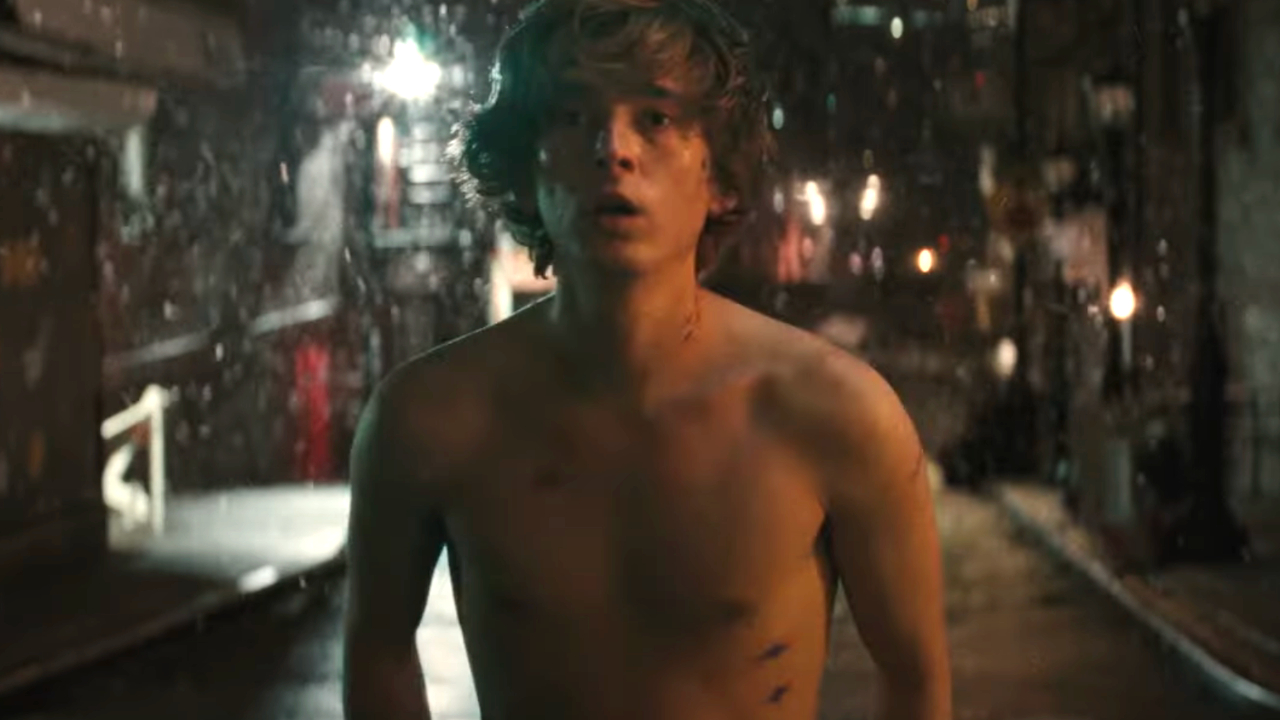
Release Date: September 20, 2024
Directed By: Jon Watts
Written By: Jon Watts
Starring: George Clooney, Brad Pitt, Austin Abrams, Amy Ryan, Poorna Jagannathan, Zlatko Burić, and Richard Kind
Rating: Rated R for language throughout and some violent content.
Runtime: 108 minutes
Wolfs isn’t a terribly complicated movie, as two fixers – simply known as “Pam’s Man” (Brad Pitt) and “Margaret’s Man” (George Clooney) – show up at the same would-be crime scene to do what they do best. Reminiscent of Martin Scorsese‘s After Hours and Benny and Josh Safdie’s Good Time, what’s supposed to play out like another night becomes a competition to see if either of the bickering professionals can make it to the morning. Complicating things further is the presence of “Kid” (Austin Abrams), a mysterious character who begins Wolfs as the clean up job, but surprisingly turns into a potential ally.
Wolfs doesn’t waste any time, quickly launching the wild rumpus that unfolds throughout this ‘long night’ narrative and letting any relevant backstory information slide in as needed. Jon Watts’ MCU chops actually serve him well in this purpose, as his eye for fitting a stand-alone tale into a larger universe helps him strike a very important balance in his own creation. The audience is given enough exposition so they can follow this tale without a problem, but there’s enough withheld (including our protagonists’ names) to entice us to want to know more. Which, in turn, makes Watts’ return to non-comic blockbuster filmmaking a rather welcome return to form.
George Clooney and Brad Pitt’s long overdue reunion in Wolfs pays off, with young star Austin Abrams playing a fantastic third wheel.
Wolfs is an entertaining exercise in walking the line between knowing what to share and what’s not necessarily need-to-know information. We don’t even need these characters’ names or backstories to know they mean business – and its helpful to have seasoned veterans Brad Pitt and George Clooney at the forefront.
Teamed together for the first time since Burn After Reading, Clooney and Pitt do not miss a beat, as their combined and individual resumes have given them the shorthand needed to make the most out of Wolfs. We’ve seen the Ocean’s Eleven co-stars previously play fixers in their careers, Clooney and Pitt respectively starring in Michael Clayton and Killing Them Softly. Effectively mixing the hardened edge of those individual credits with the wit and confidence of their shared heist capers, this isn’t just a cheap reunion that plays the hits. Rather, the stars help bridge the gap between these mysterious characters and the audience, leaving us wanting to learn even more about where these men have been and where they’re going next.
Wolfs doesn’t merely rest on the laurels of having such marquee stars anchoring its ensemble. Jon Watts’ assured directing skills make sure of that, as he also balances the presence of Pitt and Clooney rather well alongside his entire supporting cast. Perhaps the most important example of this ecosystem at work is how Austin Abrams’ Kid gleefully manages to hold his own with these titans. In a stark contrast to the coolness of Wolfs’ leading men is Abrams’ Kid. An overly nervous young man who stumbles into the world of Pam and Margaret’s guys, he isn’t someone familiar with the world that his surprise associates live and breathe.
Through impassioned, rambling stories that tell us more about how Kid got wound up in these events, Austin Abrams is set up as the uncool third wheel of Wolfs’ narrative. Some movies and performers might take that as a sign to merely hold up their end of the bargain, but between Watts’ writing of the character and Abrams’ portrayal, Kid is as fun to watch as either of our marquee star protagonists. He plays that angle like a champ, which also further highlights the impressive bench of supporting players Wolfs has.
Both Amy Ryan and Richard Kind are part of that acting bench that, while not getting a lot of screen time, still manage to shine in their own way. As a harried New York politician is the person that connects our three leads after her own night-gone-wrong, Ryan plays her own flavor of flustered rather nicely when ping ponging off of George Clooney and Brad Pitt in the picture’s inciting incident.
Meanwhile, Richard Kind’s third act appearance towards the end of Wolfs comes at a time when things are winding down, with the major action wrapped by the time he enters the frame. Yet with one scene’s worth of work, and his character being given quite the fixation with Frank Sinatra, Kind is as memorable as ever.
Again, Jon Watts walks a narrative tightrope with such characters. In the grand scheme of Wolfs’ rapidly paced story at work, any detour could harm the energy and slow things down. However, Amy Ryan and Richard Kind’s sharp acting skills aptly take their respective assignments, and add to the already rich world that this picture is playing around with.
Jon Watts’ post Spider-Man film is a confident return to non-MCU filmmaking.
As alluded to at the beginning of this review, Jon Watts needed to stretch his mental legs in a way that MCU blockbusters don’t always allow. Wolfs on the whole plays as if the Coen brothers and Steven Soderbergh collaborated on a script together, providing their own trademark touches while also giving each other deference to steal a scene here and there.
As Brad Pitt and George Clooney’s characters repeatedly sit down in dining establishments, trying to figure out how all of the pieces of the night fit together overall, you can feel the reverence Jon Watts has for those filmmakers in his work. Wolfs never tips over into rip off territory, as Watts has his own view of New York City to present in this energetic adventure. Some of the director’s previous MCU work does shine in its own way though, especially in a fun superhero landing scene with Austin Abrams. Shown in the trailers, a rather improbable moment of survival for Kid turns into a punchline, which could also be a sly nod at where Jon Watts has been plying his trade for the past couple of years.
Theodore Shapiro’s musical score also acts as an appropriately vibrant yet moody bridge between the cinematic influences at work, with shades of Carter Burwell, David Holmes, and even Ennio Morricone present throughout. (There’s a scene of action where Morricone’s theme for The Untouchables was clearly a huge inspiration). This is representative of why Wolfs works so well, as it represents a proper crossroads between familiar capers and a wholly original product. Jon Watts’ confidence to handle such a project rings true in every frame, which keeps things interesting even in moments where the proceedings may feel slightly thin.
Wolfs breezes through tonal shifts naturally, making this long night easy for the audience to enjoy.
There are tonal shifts that mostly work when executed in Wolfs’ story. In particular, there’s a pivot that George Clooney and Brad Pitt’s characters take that feels like it needs just a touch more exposition to truly land. The movie doesn’t break in the absence of this observation, as those curveballs are sold with enough confidence to make those concerns more footnotes than full on issues. Thankfully, the shorthand at work with the tones and actors in play ensures that this mix of existential quagmire and cool guy convention keeps things light.
You may walk into Wolfs expecting a witty comedy that’s nothing but one-liners, but that’s only half the picture at play. Comedy and suspense never clash, which allows the thematic journey to work rather well, despite some gaps not being filled in as much as one would hope or expect.
Because of that late film moment hammering home the formula that Wolfs works with, I’m inclined to say that’s a good sign for the rewatchability factor of this film. Much like any project that trades in mysterious circumstances, one stop on a dime scene between George Clooney and Brad Pitt had me reconsidering everything I’d watched prior to that moment playing out. With a better understanding of the thematic rules of this universe, I have a feeling that Wolfs is going to be an even richer experience for anyone who takes this ride for a spin more than once.
That sort of thinking is rewarded even more when taking into account the fact that Apple Original Films already has a sequel greenlit for Wolfs’ continuing shenanigans. Indeed, not every question is answered, and even more queries arise from that fact once this supposed first chapter lands at its resolution. It’s because of those lingering answers that the eventual setup for the future is so organic in promising more, while also offering a somewhat satisfying finale should this be the end of the line.
Having another fun romp through the “long night” subgenre is a beautiful thing to lay claim to. And seeing as Jon Watts is no stranger to such thrills, as his previous movie Cop Car also played out on a condensed timeline, it feels like the man has made a welcome return to that sort of storytelling. Whether it’s through the potential Wolfs sequel, or another narrative that catches his eye, I hope that Watts revisits these sorts of thrills yet again in the near future.
A tightly plotted film with a steady pace, Wolfs sprinkles humor and charm amidst the steady dose of bullets, punchlines, and conspiracy theories it engages in. If you’re one of those movie fans who’s lamented the lack of adult-oriented fun in the world of blockbusters, this romp should not only hold you over, but fuel your need for more.


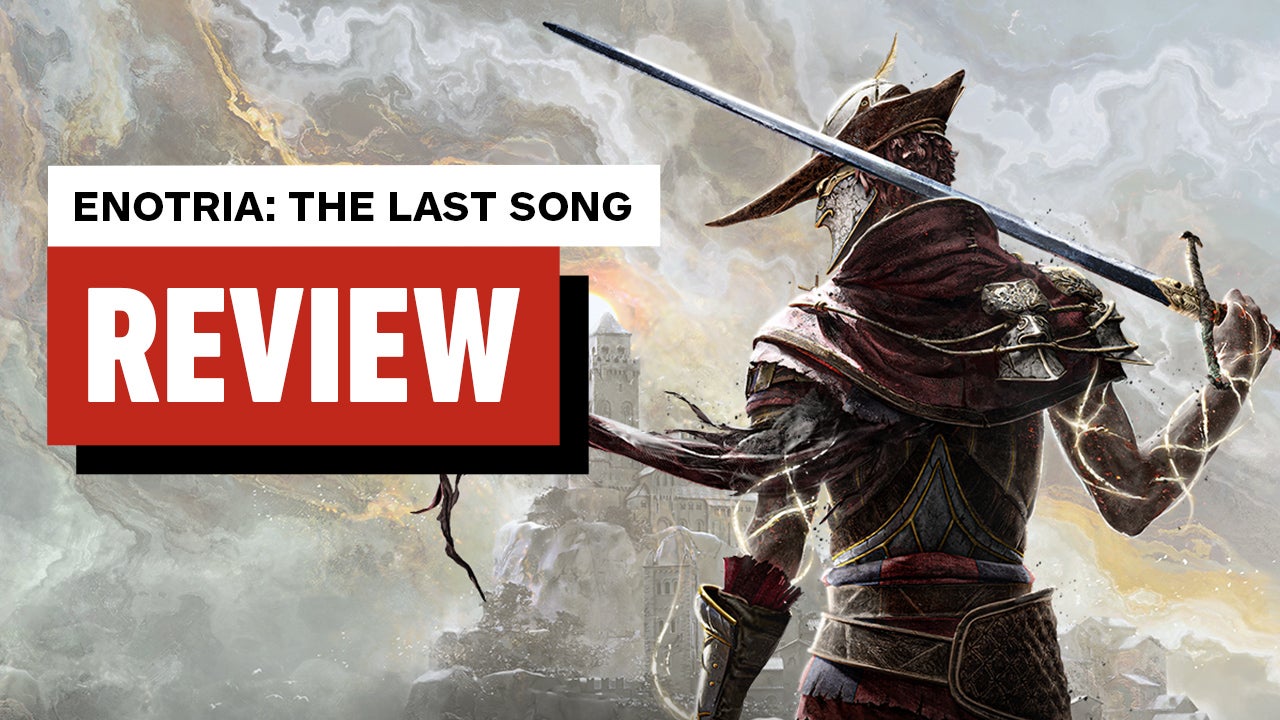
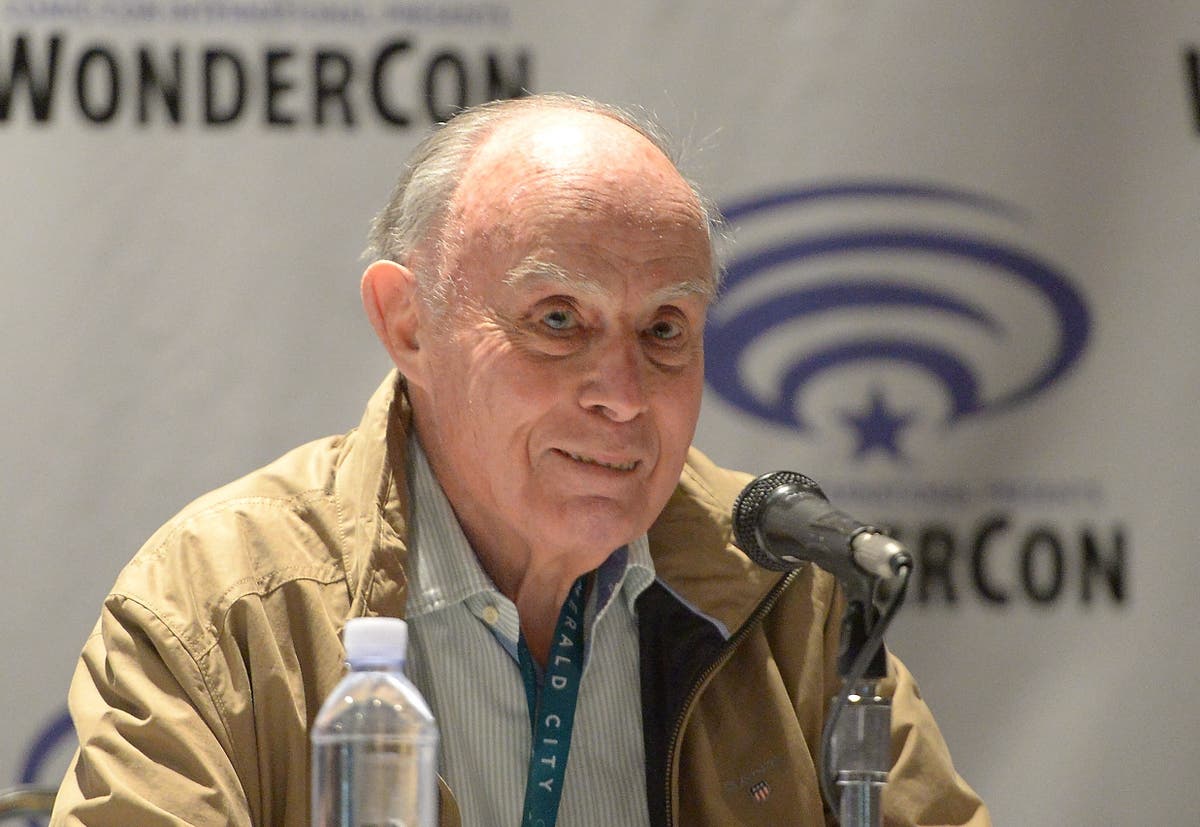



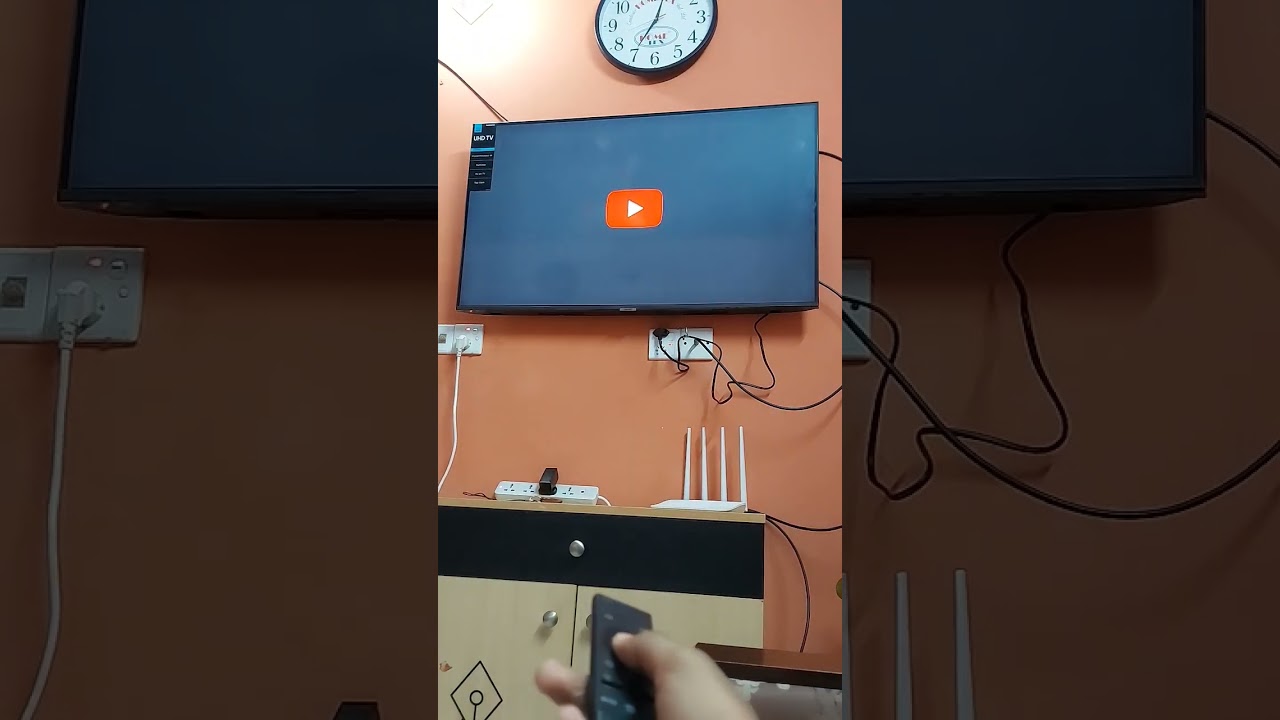
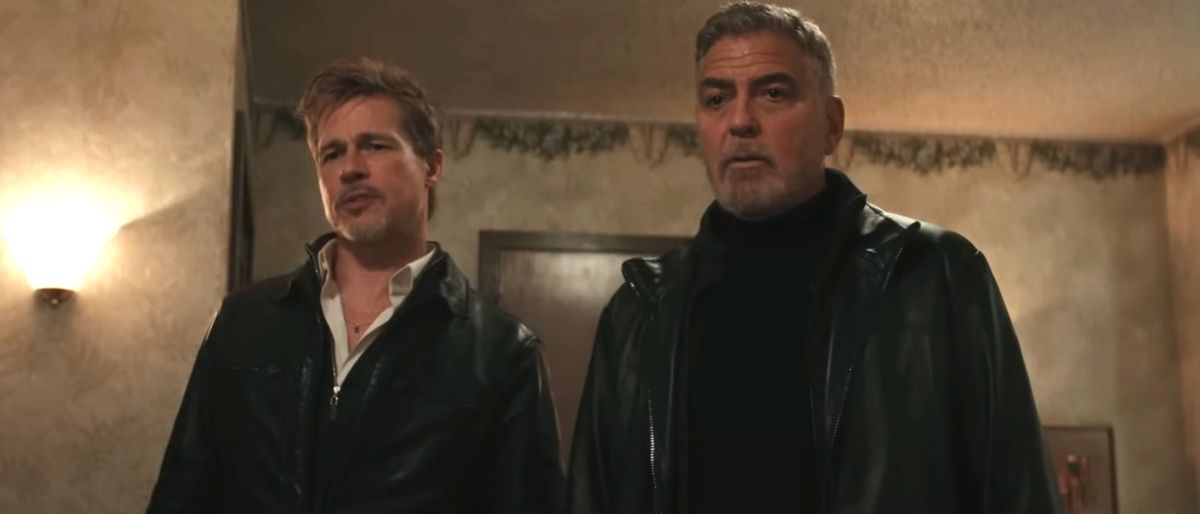






































































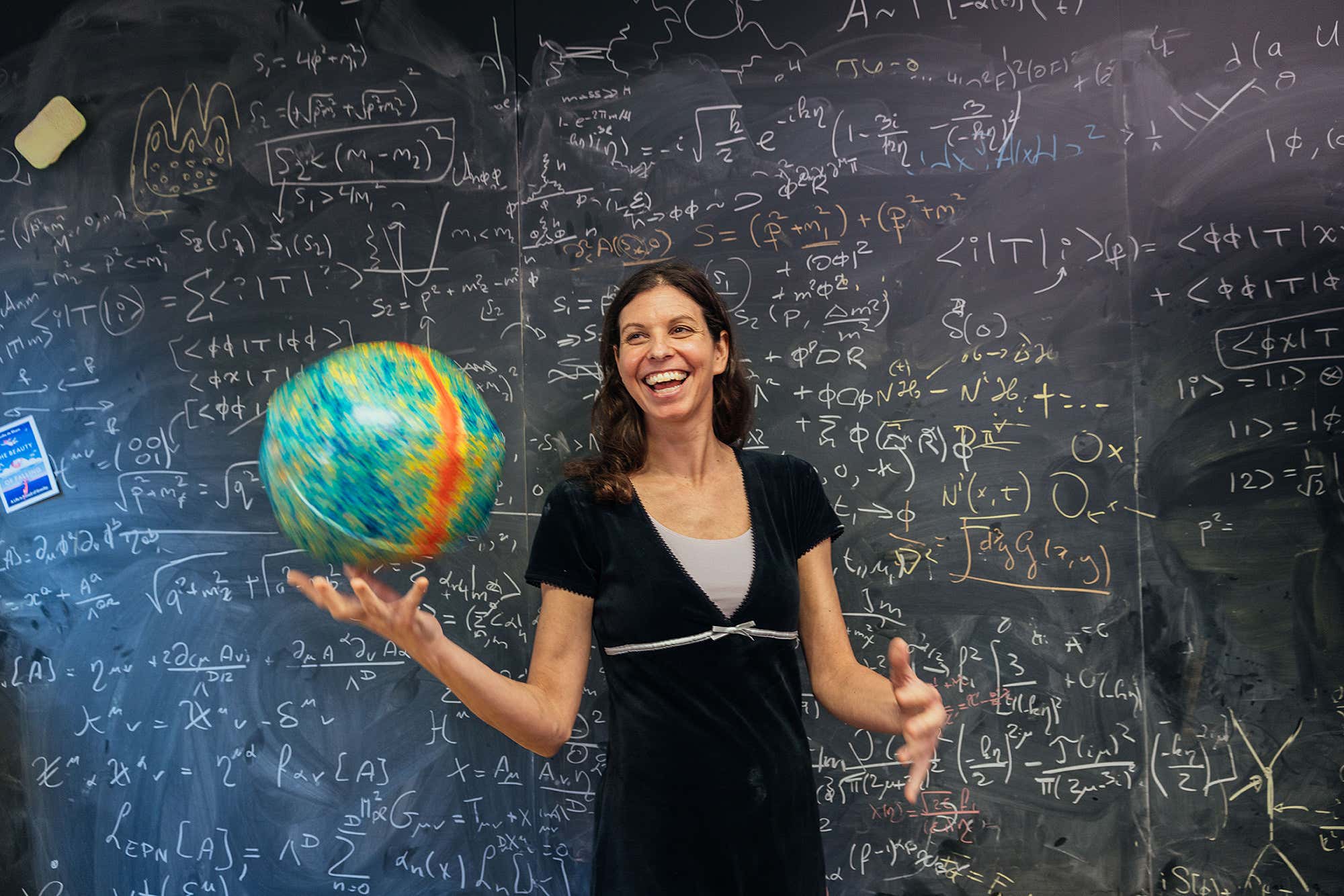














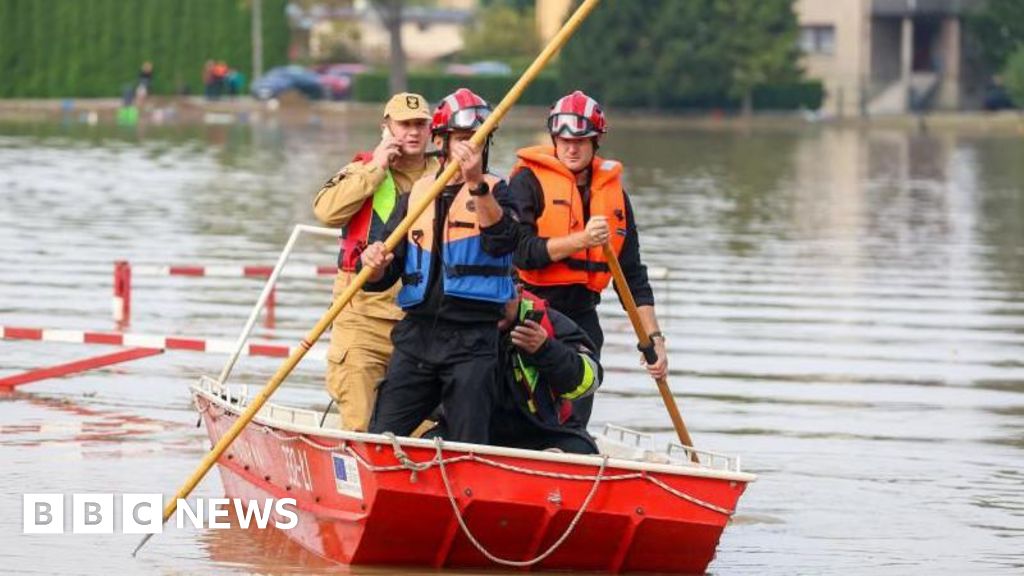











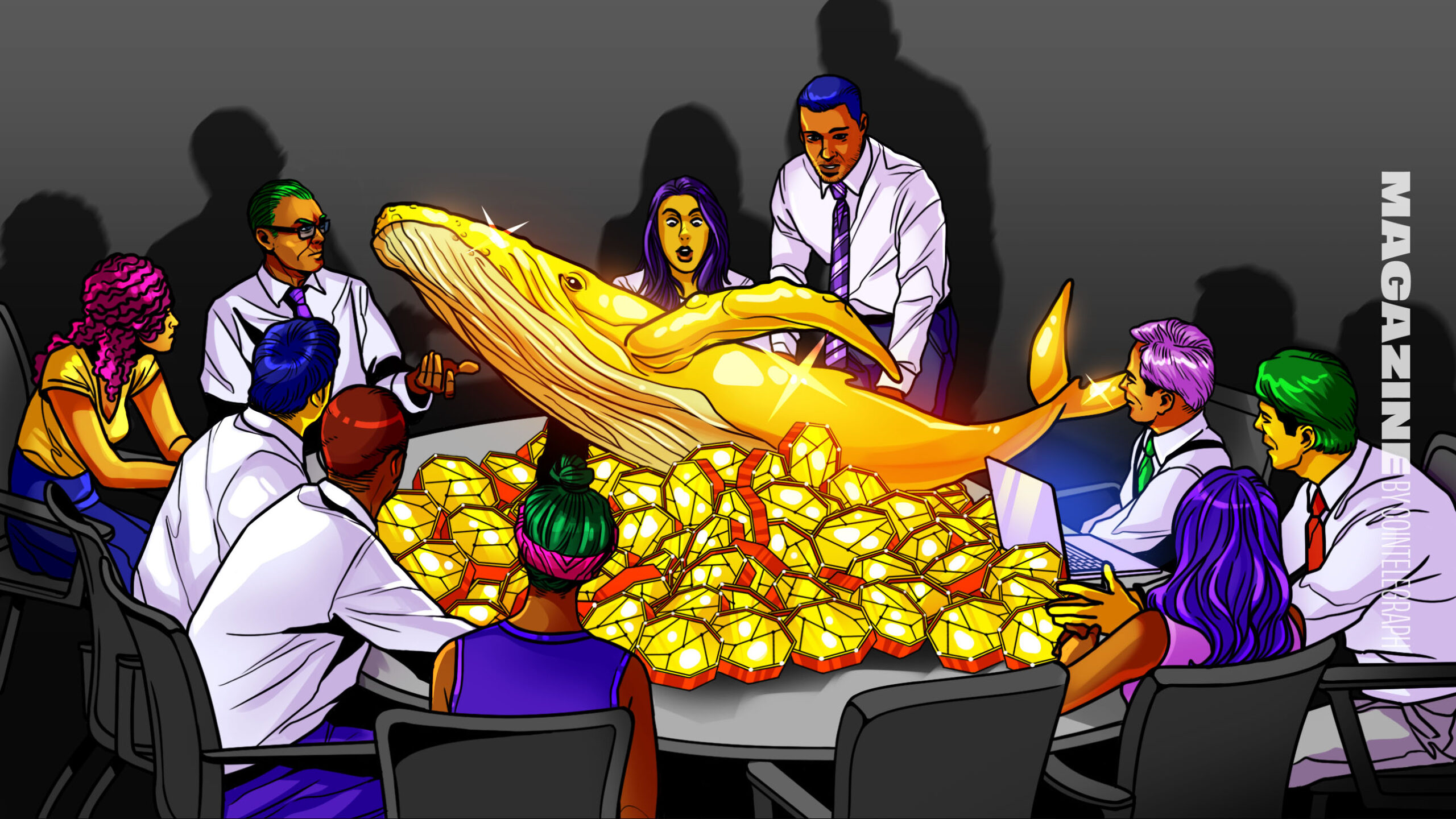











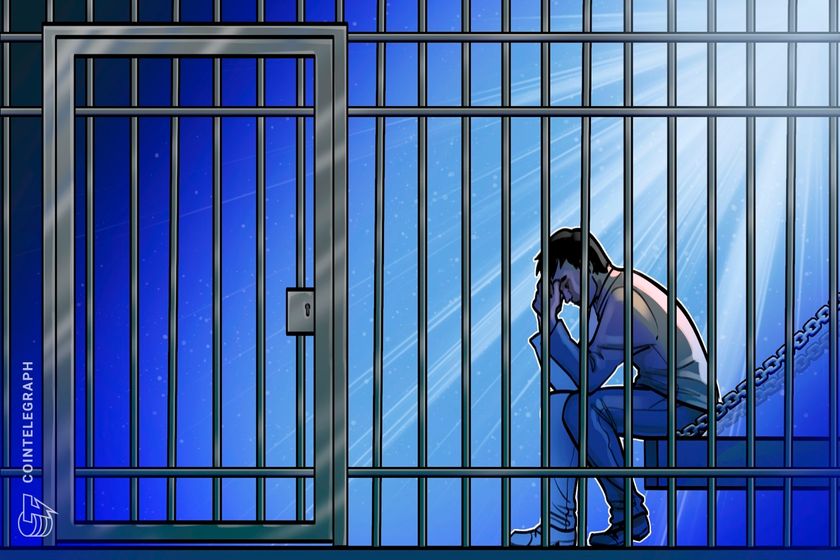









You must be logged in to post a comment Login